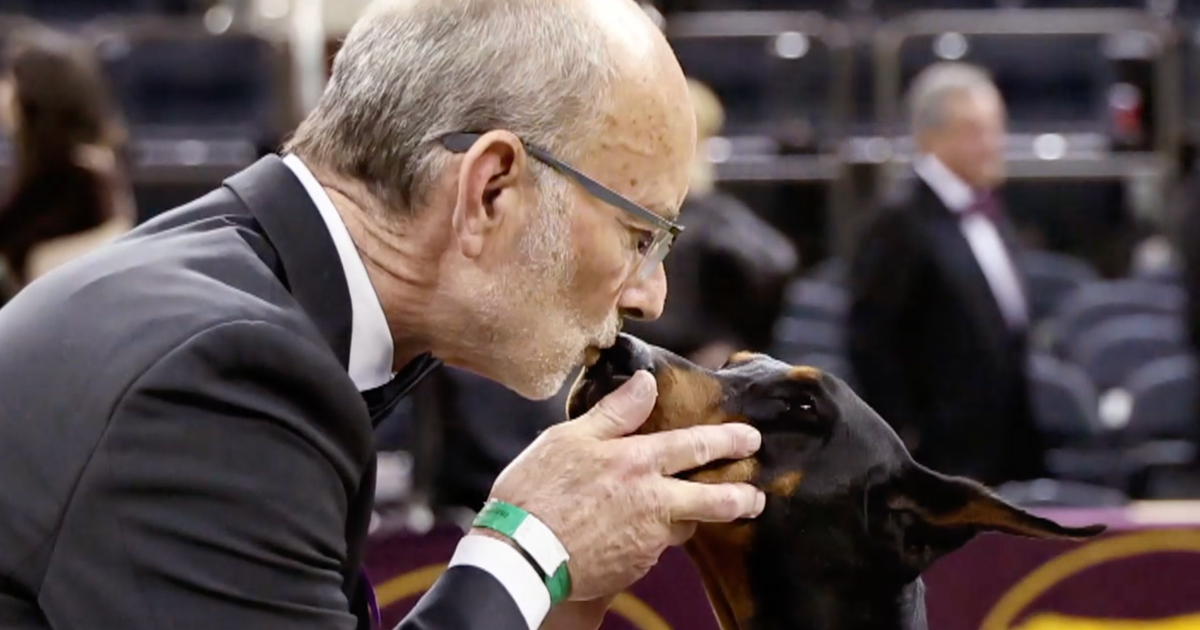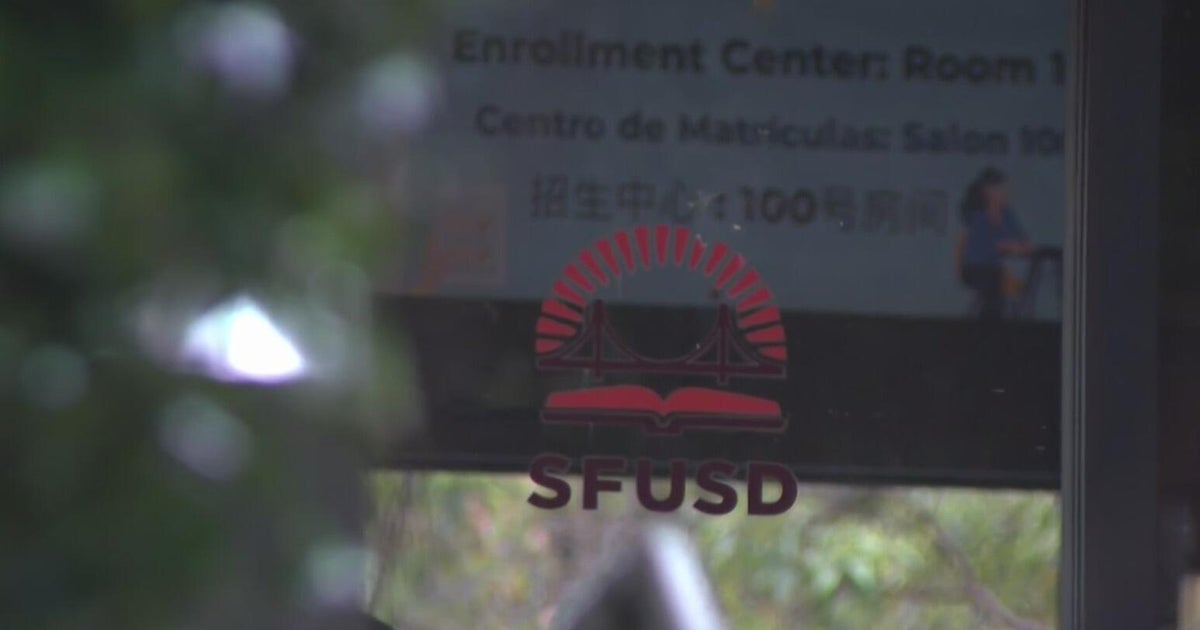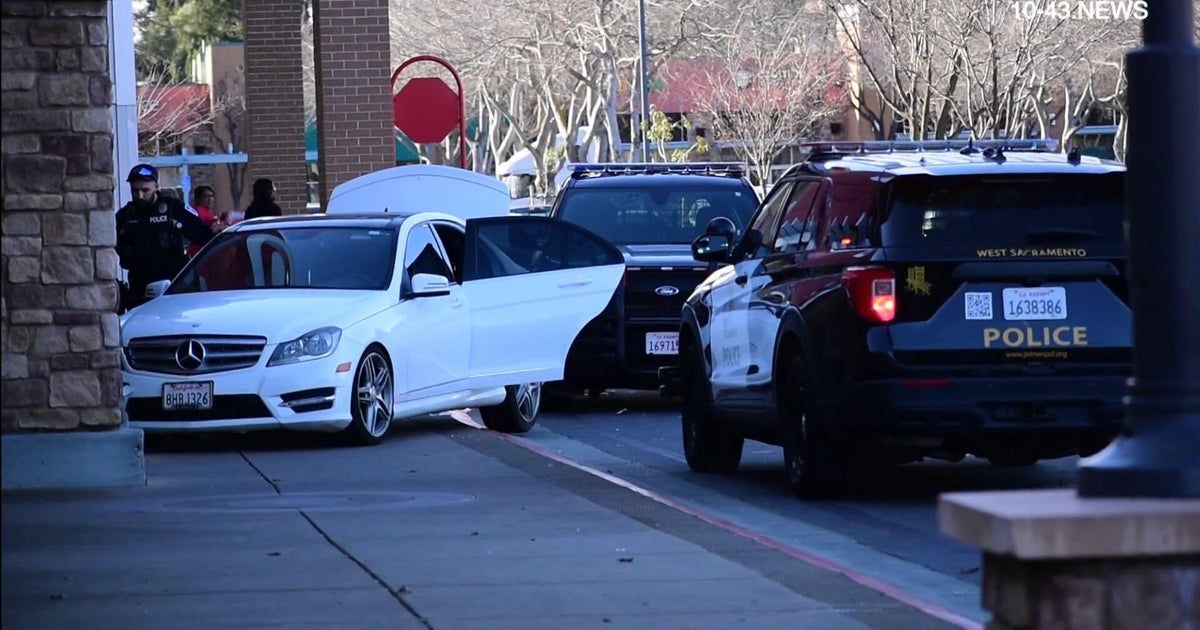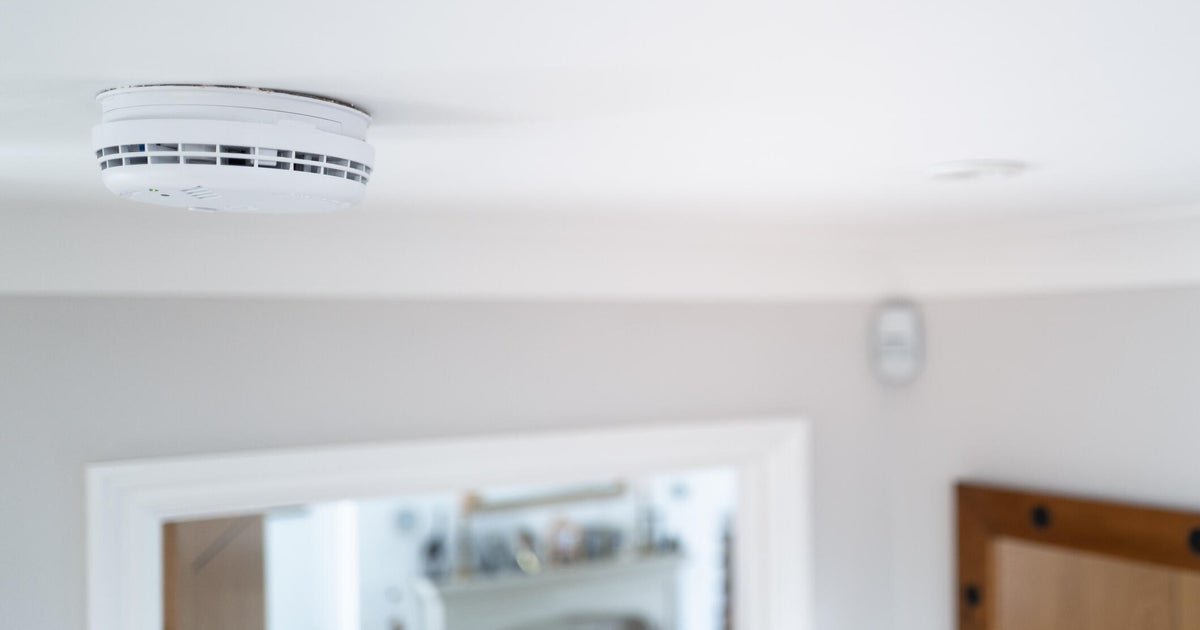Talking Points: White House And The Sequester
MINNEAPOLIS (WCCO) -- This is the week you will be hearing an awful lot about the sequester.
That's the package of $85 billion in cuts that begin to go into effect on Friday if a deal is not reached between the White House and Republican leaders in Congress. The countdown to the sequester began more than a year ago, when both sides agreed to the spending cuts package with the belief that over the course of a year they would come to an agreement. But an agreement has not been reached and no new talks are scheduled.
With no talks scheduled, it looks like a high stakes game of chicken with each side offering different predictions of what happens without a deal. Transportation Secretary Ray LaHood says as air traffic controllers are furloughed, flights will be delayed an average of 90 minutes at airports across the country. Democrats warn food safety will be compromised as inspectors are laid off, that thousands of children will lose their Head Start programs and grants to local schools will be slashed.
Republicans say the President is to blame, that the idea for sequestration originated with the White House. While that is true, three quarters of House Republicans voted for the sequester agreement.
Democratic Congressman Keith Ellison appeared on WCCO Sunday Morning. Ellison says he hopes a deal can be reached to avoid the cuts.
"There will be consequences in the beginning and they will get worse as time goes by if we don't address them. Let me just tell you in Minnesota we could see as many as 16,000 Minnesotans laid off, we could see cuts to women, infants and children's nutrition, cuts to basic medical research. There is a lot of damage that could be caused by this sequester," Ellison said.
But Republicans say the immediate impact of the cuts won't be severe because they will be phased in over time. Recent opinion poll gives the President the public relations edge. In a Bloomberg survey out late last week, the President has a 55 percent approval rating, his best showing in three years. The Republican Party is down to a 35 percent approval rating, a drop of six points in just six months.







